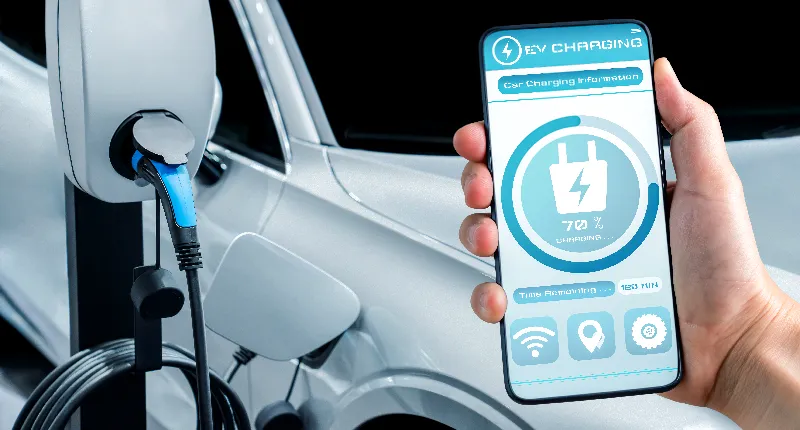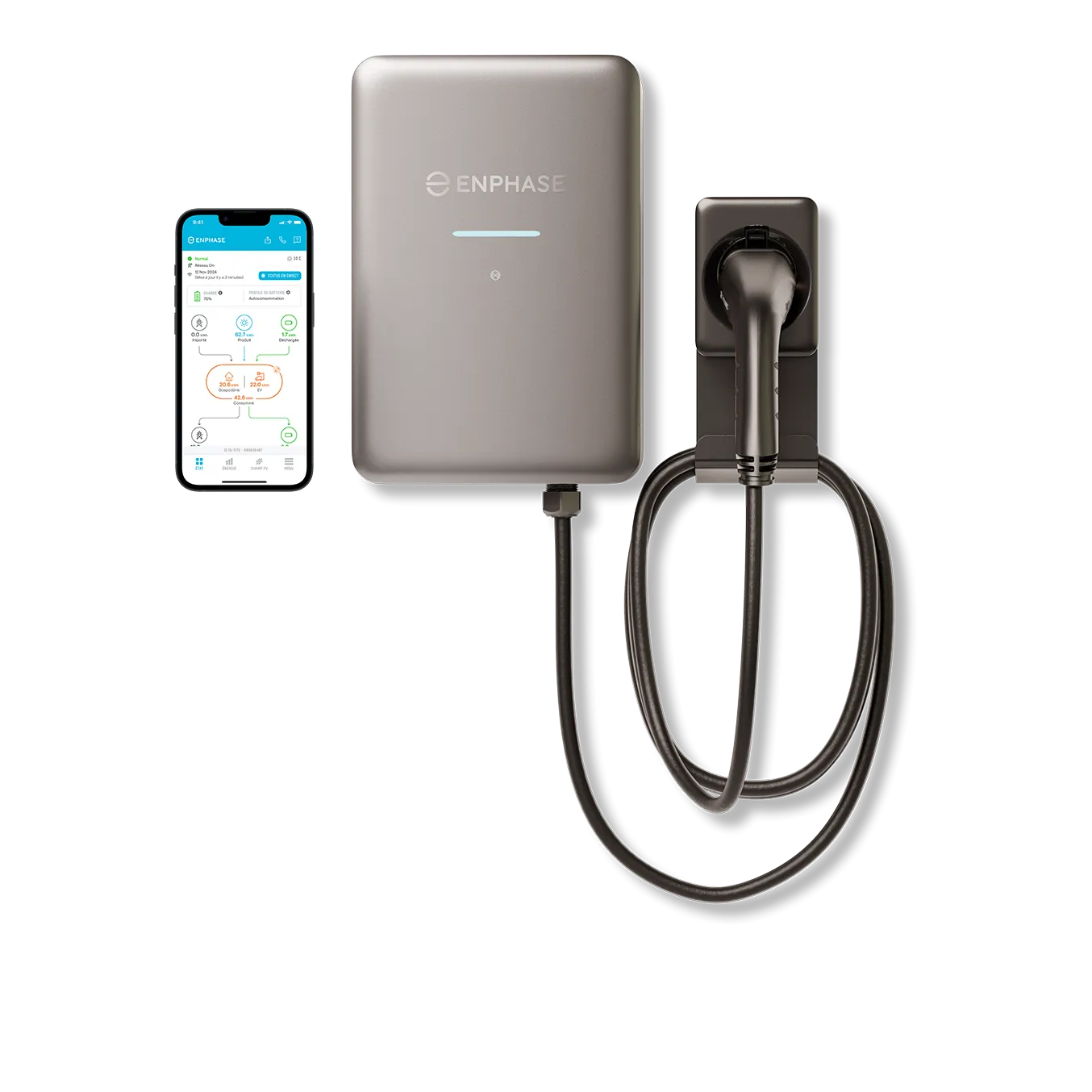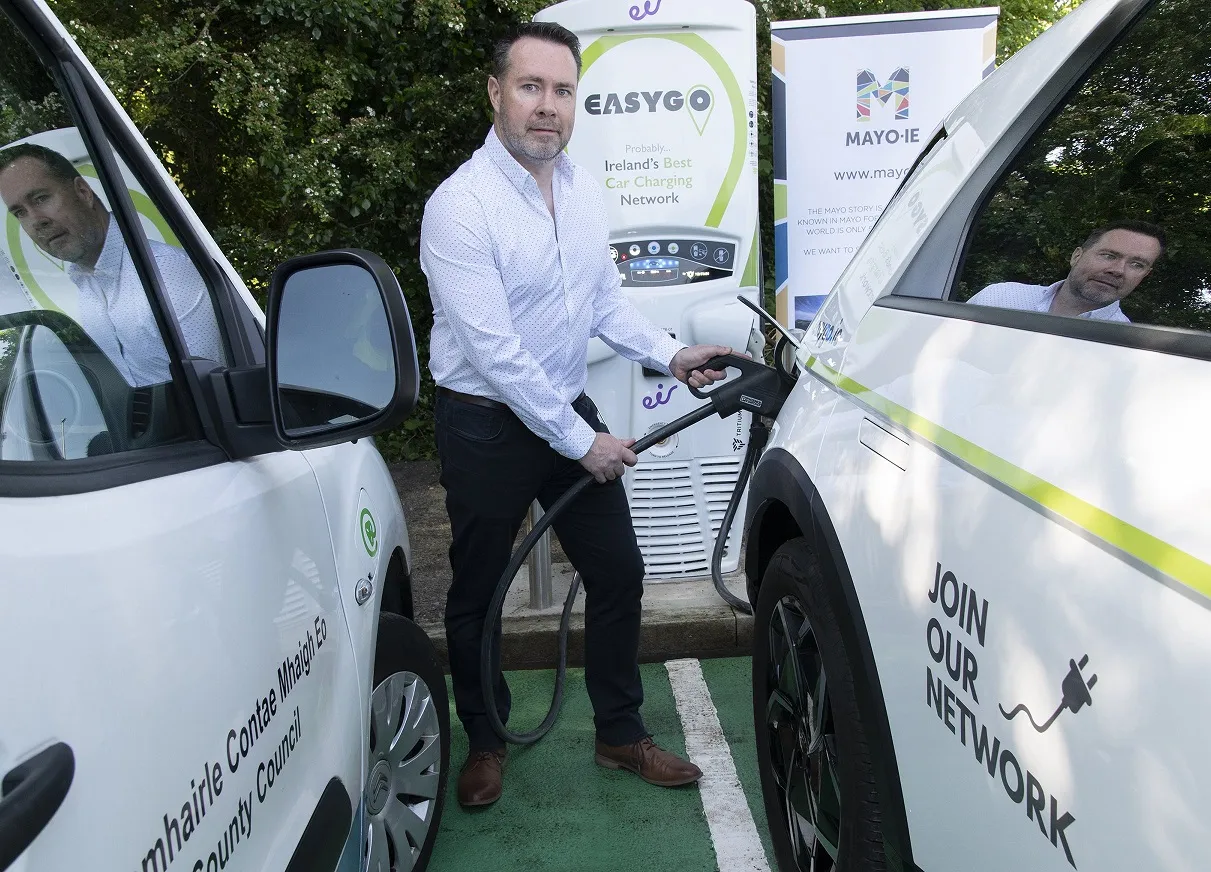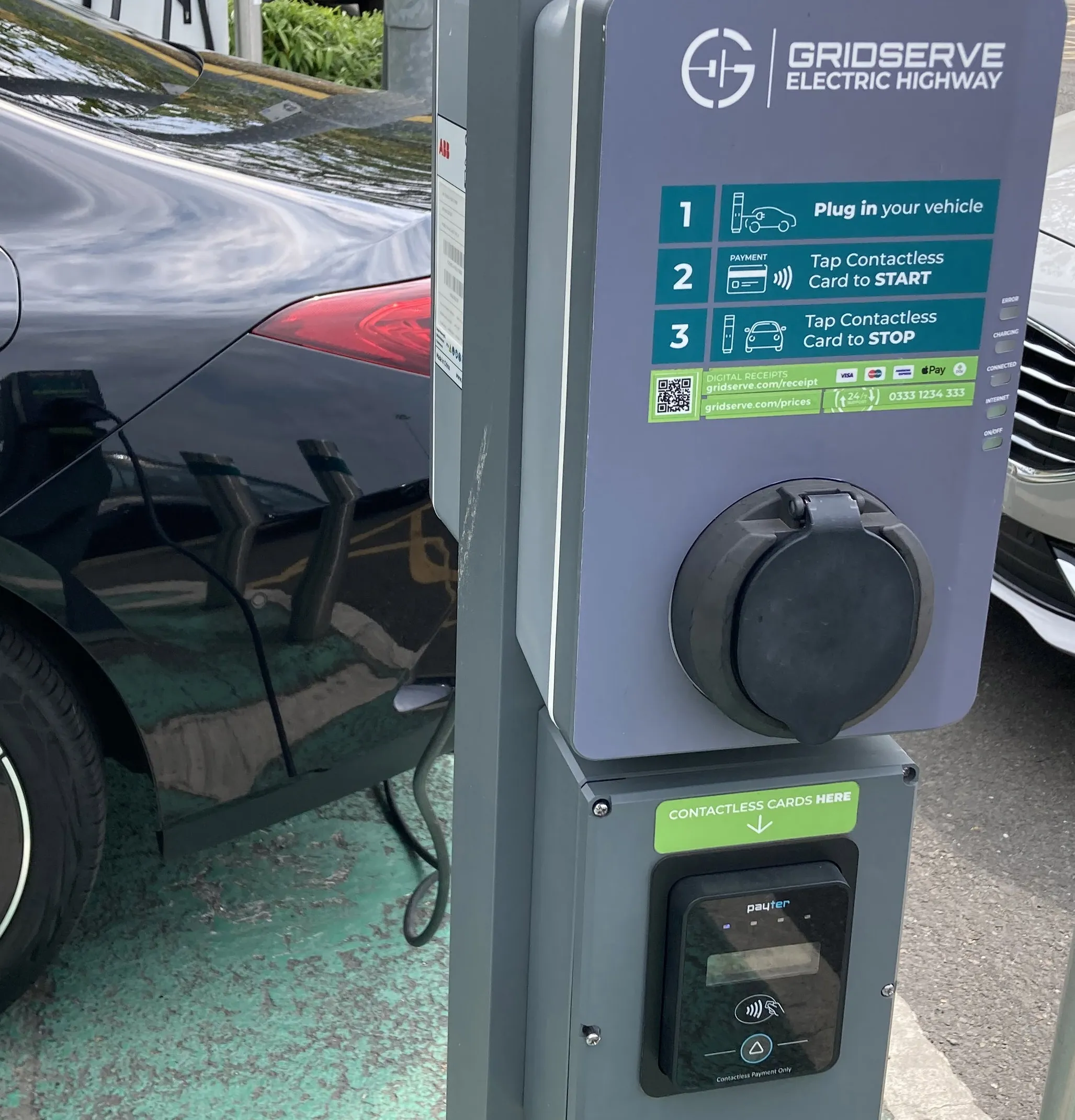
The partnership centres on a refined version of the INCH Duo AC charger, designed to meet PAS 1899—the UK’s standard for accessible EV charging – which provides guidelines on the physical environment, placement, information provision and design of charging infrastructure, with the goal to build confidence in the accessibility and inclusivity of EV infrastructure.
The updated model, designed for long dwell times and overnight charging, includes adjustments such as repositioned sockets to meet height guidelines, along with features like contactless payment for a hassle-free user experience.
Guy Bartlett, Believ CEO, says it is vital for CPOs to select the best manufacturing partners: “By working with the most forward-thinking manufacturers we can ensure our product catalogue meets the highest possible standards, and that we continuously work towards more accessible solutions. It is also how we deliver bespoke end-to-end solutions, dependent on site needs.”
Believ provides local authorities, business and landlords across the UK with a fully funded EV charge point solution that covers planning, installation, operation and ongoing maintenance. It installs different speeds of charge point, ensuring the right charge point is installed in the right location.
Mark Coley, head of market development at Landis+Gyr, highlights the strategic importance of the partnership: "Our collaboration with Believ underscores our commitment to sustainability, innovation, and supporting the UK’s transition to electric mobility. By integrating our advanced INCH Duo chargers into Believ’s commercial offering, we are making EV charging more accessible while expanding our footprint across the UK. Together, we are enabling a cleaner, greener, and more inclusive future."
Bartlett adds that the PAS certification provides important assurance to stakeholders that EV charging infrastructure has been designed with accessibility in mind: “Our commitment to delivering a reliable and inclusive public EV charging network is strengthened through this partnership. The integration of Landis+Gyr’s INCH Duo charging stations to our commercial offering supports our drive to make EV charging accessible to all.”









